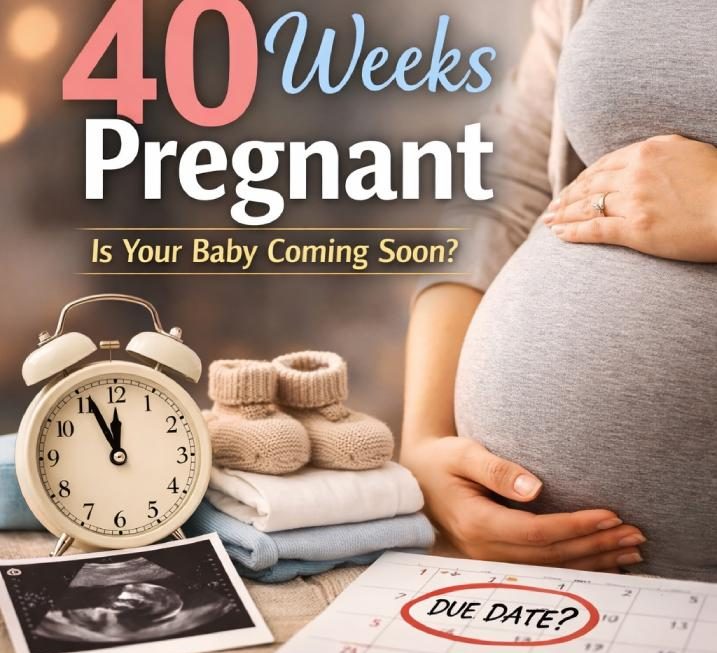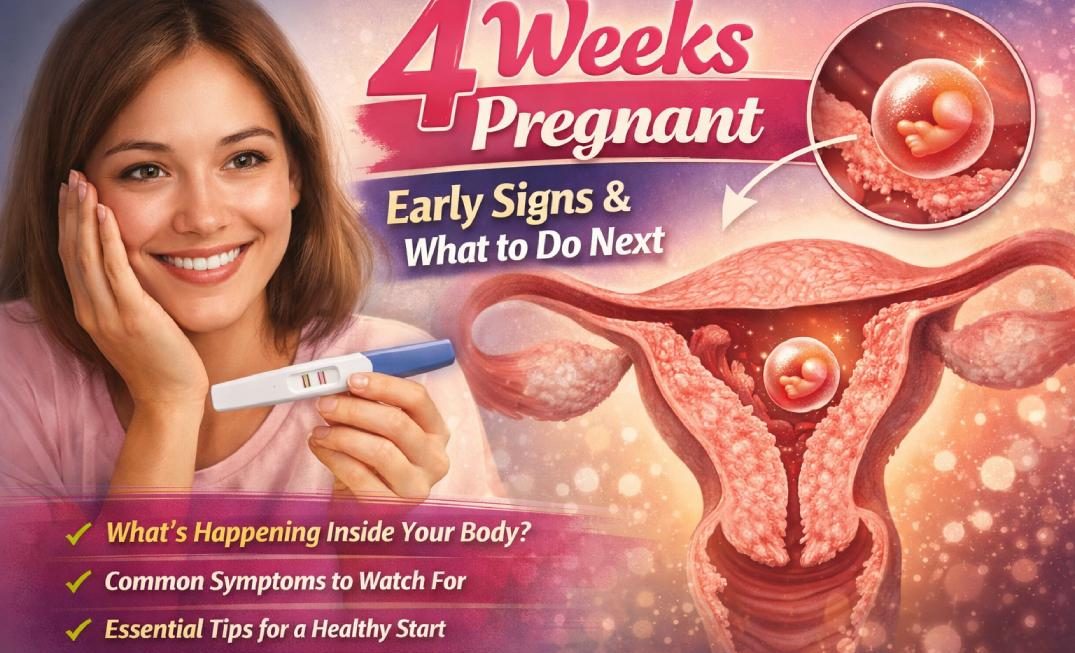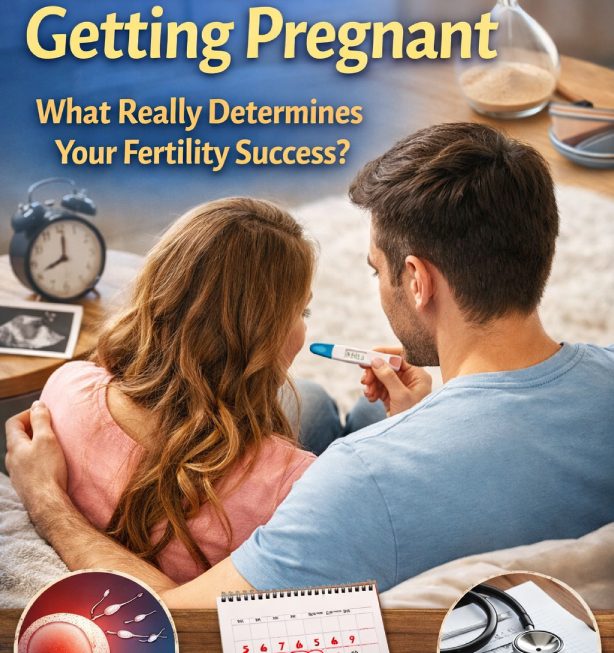Pregnancy is one of the most exciting and life-changing experiences a woman can have. But it can also be confusing, overwhelming, and sometimes scary. There are so many questions, concerns, and decisions to make when you’re pregnant. How do you know if you’re pregnant? What are the early signs and symptoms of pregnancy? How do you take care of yourself and your baby during pregnancy? What are the stages of pregnancy and what to expect in each one? How do you prepare for labor and delivery? What are the common complications and risks of pregnancy? How do you cope with the emotional and physical changes of pregnancy?
How Do You Know If You’re Pregnant?
The only way to know for sure if you’re pregnant is to take a pregnancy test. A pregnancy test detects the presence of a hormone called human chorionic gonadotropin (hCG) in your urine or blood. This hormone is produced by the placenta, a temporary organ that forms in your uterus after the fertilized egg implants. The level of hCG rises rapidly in the first few weeks of pregnancy and can be detected as early as 6 to 12 days after conception.
You can take a home pregnancy test (HPT) or a blood pregnancy test at a doctor’s office or a clinic. A home pregnancy test is easy, convenient, and inexpensive. You can buy one at a drugstore, a supermarket, or online. You simply pee on a stick or a strip and wait for the result to appear. A positive result means you’re pregnant, and a negative result means you’re not. However, a home pregnancy test is not 100% accurate. It can give a false negative result if you take it too early, use it incorrectly, or have a low level of hCG. It can also give a false positive result if you have a chemical pregnancy, an ectopic pregnancy, or a medical condition that affects your hCG level. Therefore, it’s always a good idea to confirm your result with a blood pregnancy test, which is more accurate and sensitive than a home pregnancy test. A blood pregnancy test can measure the exact amount of hCG in your blood, and can detect a pregnancy as early as 3 to 4 days after implantation.
However, before you take a pregnancy test, you might notice some early signs and symptoms of pregnancy that may hint at the possibility. These signs and symptoms are caused by the hormonal and physical changes that occur in your body during pregnancy. They may vary from person to person, and from pregnancy to pregnancy. They may also resemble the signs and symptoms of premenstrual syndrome (PMS) or other conditions. Therefore, they are not conclusive evidence of pregnancy, but they can give you a clue. Some of the most common early signs and symptoms of pregnancy are:
- Spotting and cramping. This is also known as implantation bleeding, and it occurs when the fertilized egg attaches itself to the lining of the uterus. It can happen 6 to 12 days after conception, and it may be accompanied by mild cramps. The bleeding is usually light, pink, or brown, and lasts for a few hours or days. It is different from your normal period, which is heavier, redder, and longer.
- Breast changes. Your breasts may become swollen, sore, or tingly a week or two after conception. They may also feel heavier, fuller, or more sensitive to touch. The area around the nipples called the areola, may darken and enlarge. These changes are due to the increased levels of estrogen and progesterone, two hormones that prepare your breasts for milk production.
- Fatigue. You may feel very tired and sleepy in the early stages of pregnancy. This is because your body is working hard to support the growing embryo and placenta. You may also experience low blood pressure, low blood sugar, or increased blood production, which can make you feel dizzy or faint. Fatigue is one of the most common complaints of pregnant women, and it can last throughout the pregnancy.
- Nausea and vomiting. This is also known as morning sickness, and it affects up to 80% of pregnant women. It can occur at any time of the day or night, and it can start as early as 2 weeks after conception. It is caused by high levels of hCG, which can irritate your stomach and trigger the nausea center in your brain. It can also be influenced by your diet, stress, or sensitivity to smells. Morning sickness usually peaks around 9 weeks of pregnancy, and then gradually subsides. However, some women may have it for longer or throughout the pregnancy.
- Missed period. This is one of the most obvious and reliable signs of pregnancy. If you have a regular menstrual cycle, and you miss your period, you may be pregnant. However, a missed period can also be caused by other factors, such as stress, illness, weight changes, exercise, or hormonal imbalance. Therefore, it’s important to take a pregnancy test to confirm your pregnancy.
These are some of the early signs and symptoms of pregnancy, but they are not the only ones. You may also experience other changes, such as mood swings, food cravings or aversions, headaches, constipation, bloating, gas, heartburn, increased urination, or vaginal discharge. These changes may vary in intensity and duration, and they may come and go throughout the pregnancy. They are normal and harmless, but they can be uncomfortable and annoying. You can try some home remedies or over-the-counter medications to ease them, but always consult your doctor before taking any drugs or supplements during pregnancy.
What Are the Trimesters of Pregnancy and What to Expect in Each One?
Pregnancy is divided into three trimesters, each lasting about 12 to 14 weeks. Each trimester has its characteristics, challenges, and milestones. Here is a brief overview of what to expect in each trimester of pregnancy:
First Trimester (Weeks 1 to 12)
The first trimester is the most critical and delicate stage of pregnancy. It is when the major organs and systems of the baby develop, and when the risk of miscarriage or birth defects is the highest. It is also when you may experience the most noticeable signs and symptoms of pregnancy, such as nausea, fatigue, breast changes, and missed periods. You may also have some bleeding or spotting, which can be normal or a sign of a problem. Therefore, it’s important to see your doctor as soon as you suspect or confirm your pregnancy, and to have regular prenatal checkups and tests to monitor your health and your baby’s growth.
Second Trimester (Weeks 13 to 28)
The second trimester is often considered the easiest and most enjoyable stage of pregnancy. It is when the risk of miscarriage or birth defects drops significantly, and when you may feel more energetic and comfortable. It is also when you may start to show your baby bump, feel your baby move, and find out your baby’s sex. You may also experience some new or different signs and symptoms of pregnancy, such as back pain, leg cramps, stretch marks, skin changes, or nasal congestion. These are normal and harmless, but they can be bothersome. You can try some self-care measures or talk to your doctor if they bother you too much.
Third Trimester (Weeks 29 to 40)
The third trimester is the final and most challenging stage of pregnancy. It is when the baby grows and gains weight rapidly, and when you may feel the most uncomfortable and anxious. It is also when you may experience some new or different signs and symptoms of pregnancy, such as shortness of breath, swelling, varicose veins, hemorrhoids, or Braxton Hicks contractions. These are normal and harmless, but they can be painful and annoying. You can try some self-care measures or talk to your doctor if they bother you too much.
These are some of the general milestones of the trimesters of pregnancy, but they are not exact or definitive. Your baby may grow and develop at a different pace, and you may experience different signs and symptoms of pregnancy. Therefore, it’s important to have regular prenatal checkups and tests to monitor your health and your baby’s growth and well-being. You can also use a pregnancy calculator or a pregnancy calendar to track your progress and estimate your due date. However, keep in mind that these tools are only estimates, and your baby may arrive earlier or later than expected. The best way to know when your baby is coming is to watch for the signs of labor, which we will discuss in the next section.



